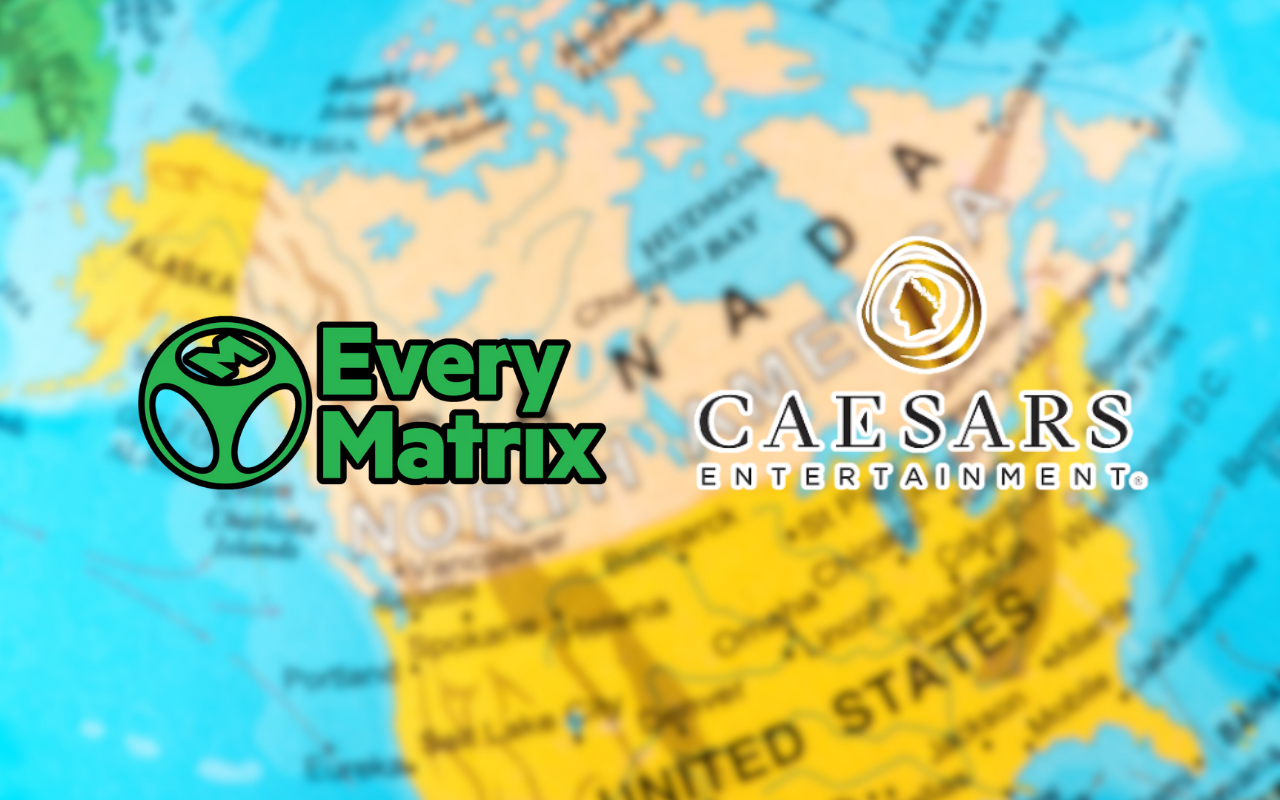Maryland Joins States Challenging Kalshi’s Legitimacy in Prediction Markets

Overview
- Maryland has joined a group of states challenging Kalshi and other prediction market platforms.
- The argument centers on the claim that Kalshi is providing a sports betting service without proper licensing.
- Kalshi is facing similar accusations in six states already.
Maryland has become the most recent state, potentially the sixth, to initiate legal proceedings against Kalshi, a renowned prediction market platform. Kalshi has shaken up consumer expectations in the realms of politics and sports. Other states have similarly taken action against Kalshi and other similar platforms, including New Jersey, Nevada, Illinois, Ohio, and Montana.
Kalshi Faces Increased Scrutiny as Legitimacy Comes into Question Across More States
While Kalshi is not officially classified as a gambling company and is regulated by the US Commodity Futures Trading Commission (CFTC), it has attracted a significant number of traditional sports fans. These fans flock to the platform to make predictions, which may be affecting the revenue of established sportsbooks in the United States.
This issue is central to the argument put forth by the Maryland Lottery and Gaming Control Commission (MLGCC), which serves as the state’s gambling regulator. The commission has issued a cease-and-desist letter to Kalshi, along with Robinhood and Crypto.com, accusing them of providing what is effectively sports betting without a license.
The regulator emphasized that none of the three companies involved possess an official license to offer this type of product. The platforms, on the other hand, deny that prediction markets are equivalent to sports betting in any manner.
The primary concern is whether making a prediction legally equates to placing a wager. There is a distinct overlap between the two activities, particularly as sports fans are using prediction platforms to place wagers on events like college basketball.
‘Kalshi does not hold a sports wagering license issued by the Commission, its wagers have not been approved by the Commission, and it is not otherwise authorized under Maryland law to offer wagers on sporting events.’
Kalshi Prepares to Contest the Allegation of Providing ‘Sports Betting’
Martin reinforced the argument that prediction markets are similar to sports betting platforms. However, unlike prediction markets, any licensed entity in Maryland has undergone a stringent verification process.
Kalshi and similar platforms also have not fulfilled the tax obligations associated with offering ‘wagering products,’ Martin insisted, explaining that the regulator views the current situation as both a legal and consumer protection issue, with a commitment to further action.
‘The commodity traders aren’t bound by those same guardrails. They’re conducting sports wagering without a license, and in doing so, they’re avoiding the collection of sports wagering taxes that legal operators pay to the State.’
In anticipation of such challenges, Kalshi has been preparing to counter these claims and has recently appointed Sara Slane, an AGA veteran and sports betting advocate, as Head of Corporate Development.
Kalshi is experienced in opposing federal regulators like the CFTC and is currently contesting the actions of Nevada and New Jersey’s respective gambling authorities.









